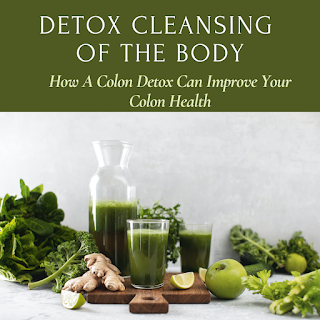For many people, the coming New Year will involve resolutions to get on a diet and lose weight. While slimming down is one of the most popular New Year’s resolutions, it is often easier said than done. Making the switch from the calorie and fat laden temptations that lure us during the six week long holiday fest can be quite difficult. If you’re planning to start your new year off with a pledge to lose weight, keep these tips in mind to help you ease into your resolution the healthy way.
Cutting everything out cold turkey is one of the most common techniques for approaching a diet; however, doing so may well spell disaster for a good intentioned diet. Instead of putting yourself on such a restrictive diet right after the holidays, consider options that will allow you to ease into a healthy eating regimen. This will increase your chances of sticking with your diet resolution and achieving success.
Start by opting for foods that are grilled, roasted, baked or broiled instead of fried. This one technique will allow you to cut out a large amount of calories as well as fat. If you don’t care for the somewhat blander taste of grilled or roasted meats, don’t be afraid to add a little zing with some low-fat or fat-free sauces. Herbs and spices can also go a long way toward livening up grilled and roasted foods.
Most people do not eat nearly as much fruits and vegetables as they should. Besides the fact that fruits and veggies are rich in healthy vitamins, minerals and fiber; they are also a good way to fill up without loading up with calories and fat. Look for ways where you can introduce fruits and vegetables into your eating regimen. Vegetable soups make a great dinner or lunch solution on a cold wintry day. Salads are easy and quick to pack for lunch with a low-cal dressing. Top it with some grilled chicken and you’ve got a quick dinner solution as well.
After indulging in holiday sweets, cutting out the treats may be one of the most difficult aspects of starting a new diet. Increase your chances of sticking with it by substituting fresh fruit for calorie rich treats. Stock up on plenty of apples, oranges, berries and whatever other type of fresh fruit strikes your fancy. This is a great way to satisfy your sweet tooth without sabotaging your diet.
Finally, DRINK MORE WATER! Your diet and your body will respond much better if you opt for plain water. The more water you drink, the more efficiently your body flushes out toxins; and in the end, it can help you to lose more weight faster.
By easing your way into your new diet instead of torturing yourself with an overly restrictive or fad diet, you’ll find that you’re more likely to stick with your resolution and by next New Year’s Eve will be ready to show off your slim new shape.

.png)
.png)
.png)
.png)
.png)
.png)
.png)
.png)

.png)
.png)
.png)